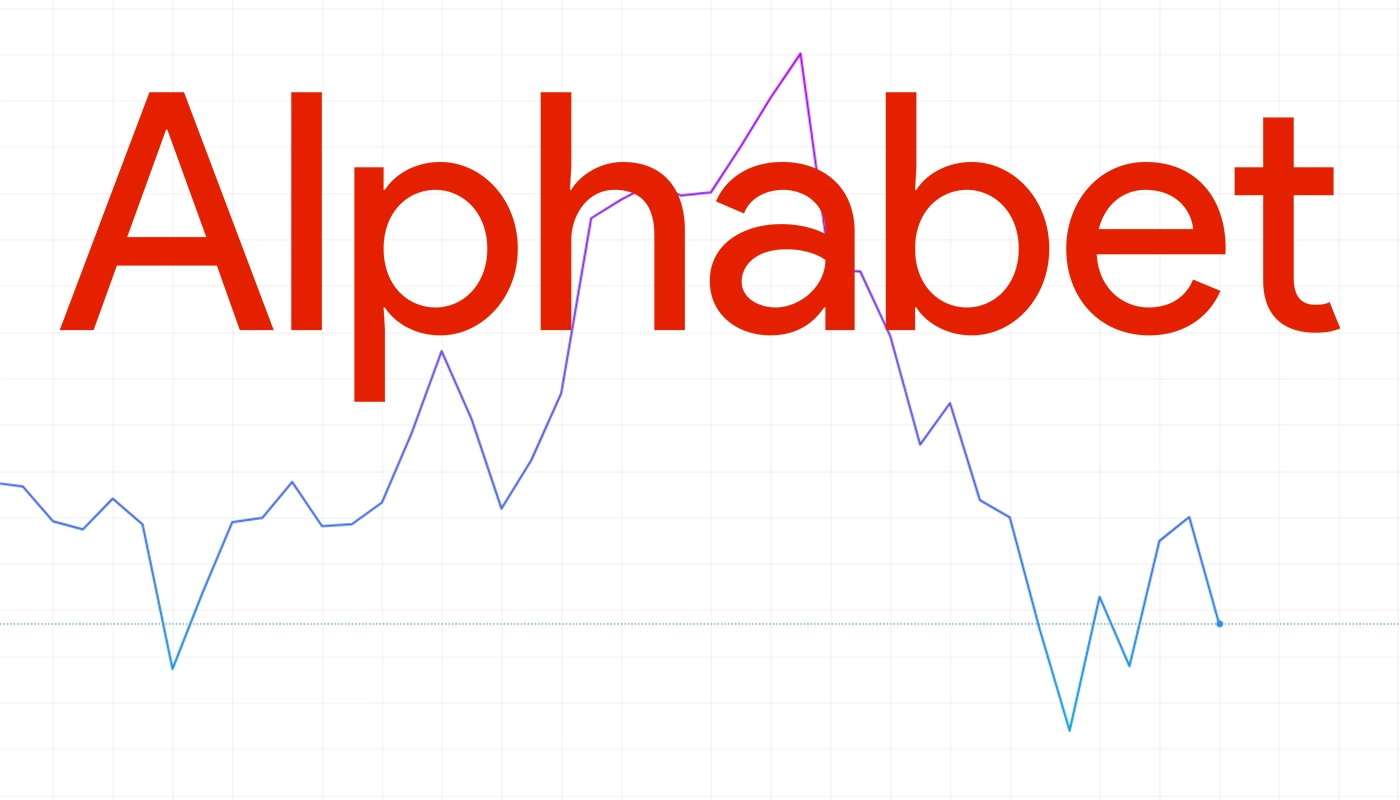Shares of Alphabet Inc., the parent company of Google, took a sharp hit on Wednesday, falling by 7% after Apple executive Eddy Cue made a provocative statement suggesting that artificial intelligence could soon render traditional search engines obsolete.
Speaking at a tech leadership summit in San Francisco, Cue, Apple’s Senior Vice President of Services, stated that the rise of generative AI systems — like those integrated into Apple’s forthcoming product suite — could dramatically reshape how users retrieve information. “The future isn’t about typing into a search box,” Cue said. “AI will deliver what users need before they even ask — faster, more accurately, and in context.”
The comment sent shockwaves through financial markets, with investors interpreting it as a direct challenge to Google’s dominant position in the search industry. Alphabet’s search business accounts for the vast majority of its revenue, making it highly sensitive to disruptions in how people access information online.
Market analysts were quick to weigh in. “Cue’s statement tapped into growing investor anxiety about the long-term relevance of traditional search models,” said Maria Tanaka, a senior tech analyst at Horizon Investments. “While Alphabet has its own AI initiatives, perception matters — and right now, investors are spooked by the idea that Google’s moat is shrinking.”
Alphabet has invested heavily in its Gemini AI platform and continues to integrate AI tools into search, advertising, and productivity software. Still, critics argue that Apple’s tight integration of AI with hardware and services — particularly if it bypasses search engines — could shift user behaviour over time.
Meanwhile, Apple shares rose slightly following Cue’s remarks, signalling investor optimism about the company’s AI strategy.
Alphabet has not released an official response to Cue’s comments, but industry insiders expect the company to highlight its AI advancements during its next earnings call.
The incident underscores the intensifying AI arms race among tech giants, with search engines — long the gateway to the web — now potentially at risk of being disrupted by a new paradigm of proactive, conversational, and context-aware computing.




